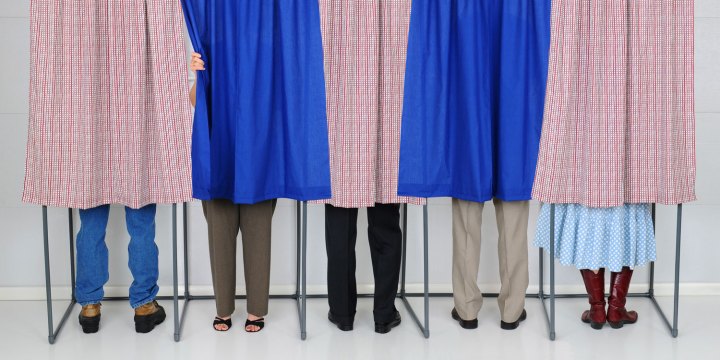
The platform was developed by computer scientist Ariel Procaccia, his team at Carnegie Mellon, and researchers from Harvard. Their goal was to leverage AI and decades of social choice research to facilitate collective decision making.
“There is a large amount of research at the intersection of AI and voting, in part designed to help software agents make decisions,” Procaccia tells Digital Trends. “The initial inspiration was the realization that the ‘killer app’ of this type of work is actually helping people — not software agents — make group decisions.”
To do this, Procaccia and his team developed a platform where users can create a poll, add alternative choices, and invite friends of colleagues to participate. They then split questions into two categories — subjective and objective — and developed separate methods to analyze them both.
“The ambitious primary goal here is nothing less than to transform the way people make certain types of decisions.”
For subjective questions — such as which cafe serves the best coffee — users rank their preferences based on the amount of happiness (utility) each alternative would give them. The algorithm then skims through all possible scenarios (as utility functions) that might cause each voter to rank their alternatives as such, and chooses the outcome most preferred by the group overall. This “implicit utilitarian” voting is meant to derive the greatest happiness for the greatest number.
The calculations for objective question — for example, which company would be the best to invest in based on current revenue — are a bit trickier. There’s a quantifiably correct answer and people aren’t always well-informed, so the system itself has to uncover the objective truth through a few estimations.
“The system assumes that voters make errors in estimating the true ranking of alternatives,” Procaccia says, “and [it] finds the outcome that is mathematically guaranteed to be as close as possible to the truth.”
This mathematical guarantee is where the AI really steps in.
“For objective opinions, RoboVote builds on a large body of work in machine learning that tries to estimate the true ranking using statistical approaches, and makes it even more robust by not making any specific assumptions about how voters might make mistakes,” Procaccia says.
Procaccia isn’t shy about sharing his faith in the system. “The ambitious primary goal here is nothing less than to transform the way people make certain types of decisions,” he says.
As to whether RoboVote could help American voters come to an easy decision for today’s election — well, that seems unlikely.


